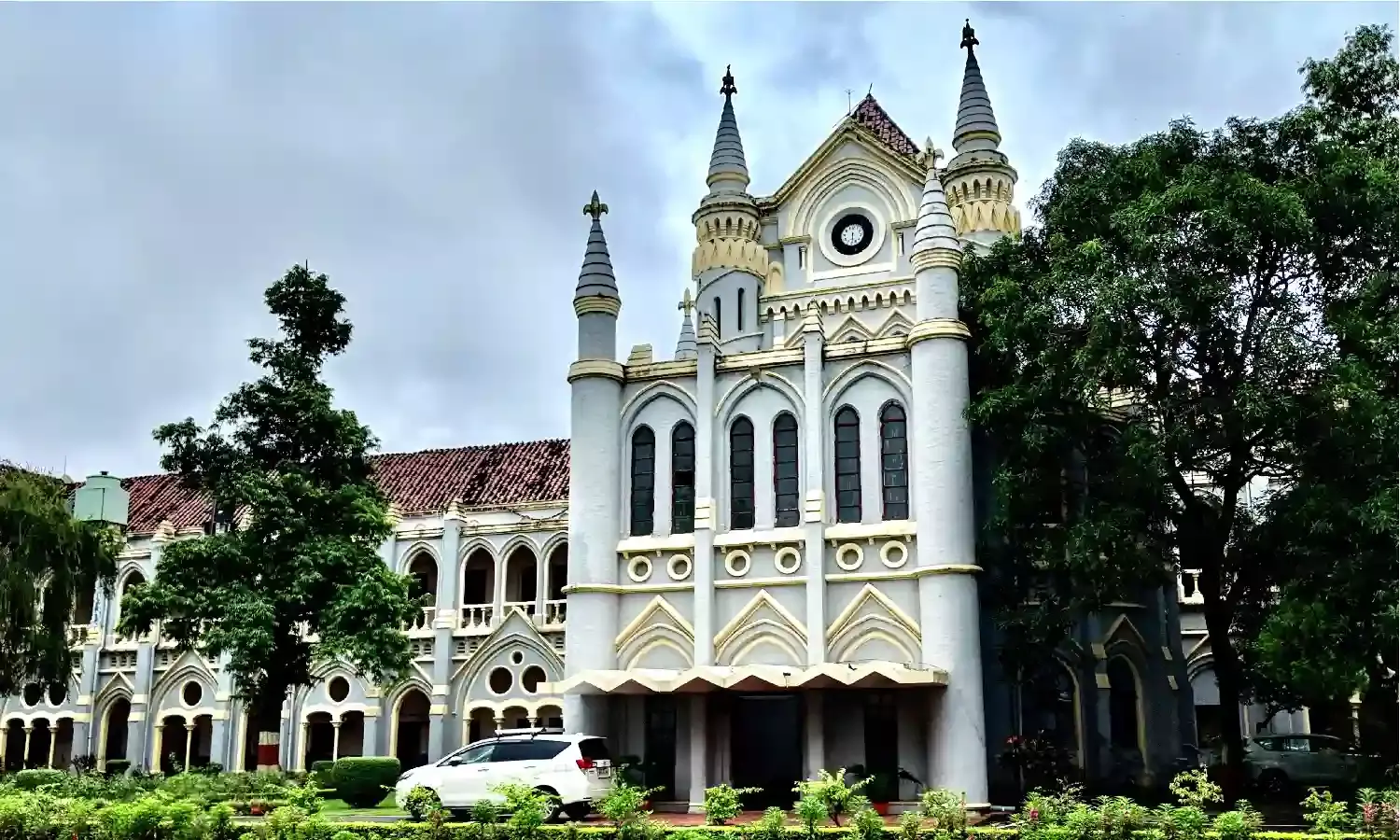GST Authorities Cannot Invoke IPC Provisions Without First Applying Penal Provisions Of GST Act: Madhya Pradesh HC
The Madhya Pradesh High Court observed that GST Authorities cannot bypass the procedure prescribed under the GST Act for launching prosecution by simply invoking penal provisions under IPC without invoking penal provisions under the GST Act
The Court said that letting GST Authorities adopt such a course of action would amount to an abuse of the process of law which cannot be permitted by the Court.
The Court was hearing a Writ Petition filed seeking issuance of a Writ of Mandamus thereby quashing proceedings against the Petitioner.
The bench of Justice Sushrut Arvind Dharmadhikari and Justice Duppala Venkata Ramana observed, “GST Authorities cannot bypass procedure prescribed under GST Act for launching prosecution by simply invoking penal provisions under IPC without invoking penal provisions under GST Act especially when the allegations so revealed as a result of search and seizure conducted by GST Authorities constituted offence covered under the penal provisions of GST Act as that would amount to bypassing procedural safeguards as provided under Section 132(6) of GST Act which requires sanction of the commissioner prior to initiation of prosecution, which is to the prejudice of the petitioner herein. Letting GST Authorities to adopt such course of action would amount to abuse of process of law which cannot be permitted by this court.”
Advocate Shashwat Seth appeared for the Petitioner and Deputy Advocate General Sudeep Bhargava appeared for the Respondent.
Brief Facts-
The Petitioner, proprietor of M/s. Agrawal Soya Extracts Pvt Ltd was summoned under Section 70 of the GST Act and Section 174 of the M.P. GST Act, 2017. Following a search of M/s. Shreenath Soya Exim Corporate, it was alleged that the firm was fraudulently registered and issued invoice/bill without supply of goods/services leading to wrongful availment or utilisation of input tax credit/refund of tax. Based on the findings, an FIR was lodged against Shreenath Soya’s proprietor. The Petitioner approached the Court seeking relief after he was also implicated in the FIR.
The Court observed, “…GST Authorities cannot be permitted to bypass procedure for launching prosecution under GST Act, 2017 and invoke provisions of Indian Penal Code only without pressing into service penal provisions from GST Act and that too without obtaining sanction from commissioner under Section 132(6) of GST Act especially when the alleged actions squarely fall within the precincts of offence as enumerated under GST Act, 2017.”
The Court mentioned the decision in Sharat Babu Digumarti Vs. Government (NCT of Delhi) 2017 (2) SCC 18 and quoted, “Once the special provisions having the overriding effect do cover a criminal act and the offender, he gets out of the net of the IPC and in this case, Section 292. It is apt to note here that electronic forms of transmission are covered by the IT Act, which is a special law. It is a settled position in law that a special law shall prevail over the general and prior laws. When the Act in various provisions deals with obscenity in electronic form, it covers the offence under Section 292 IPC.”
Accordingly, the Court quashed the FIR and consequential proceedings and allowed the Writ Petition.
Cause Title: Deepak Singhal v. Union of India (Neutral Citation: 2024 MPHC-IND: 26187)




